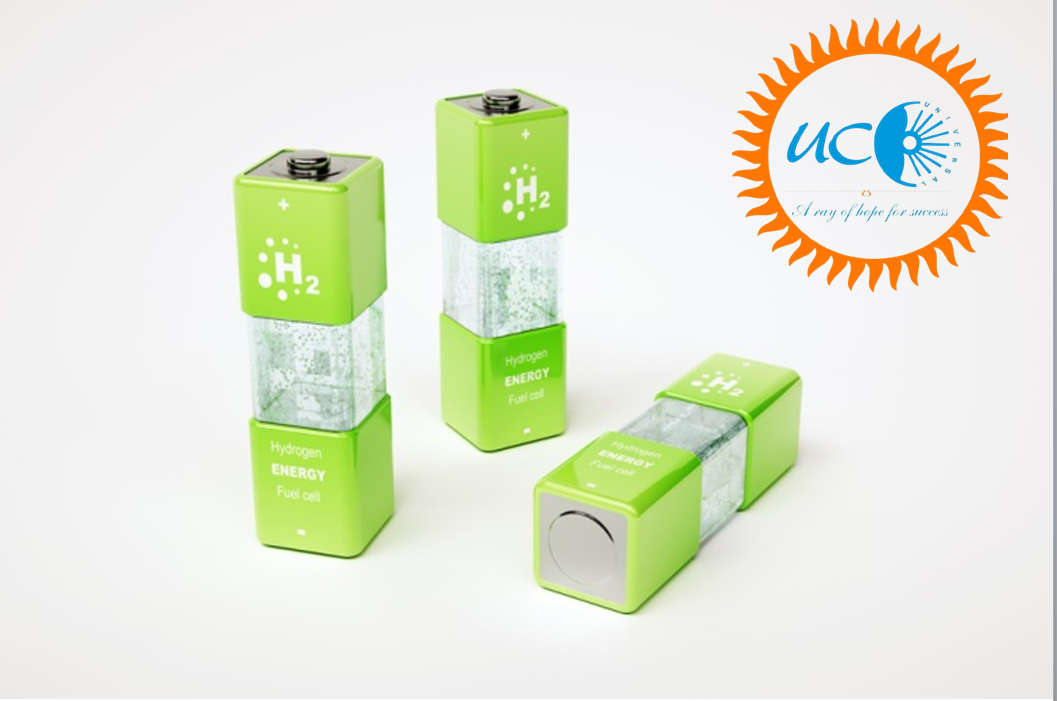Despite Hydrogen fuel cells (HFCs) having many advantages, there are some concerns as well. Discuss. (150 Words)
Approach
- Start your answer by giving a brief about Hydrogen fuel cells (HFCs).
- Discuss the significance of Hydrogen fuel cells (HFCs).
- Discuss the issues with Hydrogen fuel cells (HFCs).
- Conclude your answer by giving a way forward.
Introduction
Hydrogen fuel cells are a clean, reliable, quiet, and efficient source of high-quality electric power.
They use hydrogen as a fuel to drive an electrochemical process that produces electricity, with water and heat as the only by-products.
Hydrogen is one of the most abundant elements on earth for a cleaner alternative fuel option.
The National Hydrogen Energy Mission (NHM) was launched in the Union Budget for 2021-22 to promote hydrogen production and its uses.
Main Body
Significance of Hydrogen fuel cells
- Best Zero Emission Solutions: It is one of the best Zero Emission solutions. It is completely environment friendly with no tailpipe emissions other than water.
- Quiet operation: The fact that the fuel cells make little noise means that they can be used in challenging contexts, such as in hospital buildings.
- Easier scaling: Operation times of fuel cells are longer than those of batteries, with fuel cells, only the amount of fuel needs to be doubled to double the operation time, while batteries require the capacity of the components to be doubled to achieve the same.
Issues associated with Hydrogen fuel cells
- High Cost: Green hydrogen makes up only 0.03% of global hydrogen production and it is up to five times more expensive than ‘grey’ hydrogen produced from natural gas or worse, ‘brown’ hydrogen produced from coal.
- Hydrogen Storage: Storage and transportation of hydrogen is more complex than that required for fossil fuels. This implies additional costs to consider for hydrogen fuel cells as a source of energy.
- Hydrogen Extraction: Despite being the most abundant element in the Universe, hydrogen does not exist on its own so needs to be extracted from water via electrolysis or separated from carbon fossil fuels.
Both of these processes require a significant amount of energy to achieve. This energy can be more than that gained from the hydrogen itself as well as being expensive.
In addition, this extraction typically requires the use of fossil fuels, which in the absence of carbon capture and storage (CCS) undermines the green credentials of hydrogen.
Way Forward
Another alternative that many hydrogen councils across the world are pushing for is ‘blue’ hydrogen, which is grey hydrogen coupled with additional installations for carbon capture and storage incorporated into the production facility.
This way, up to 90% of the CO2 emitted during hydrogen production can be captured for reuse or storage and prevented from escaping into the atmosphere.







